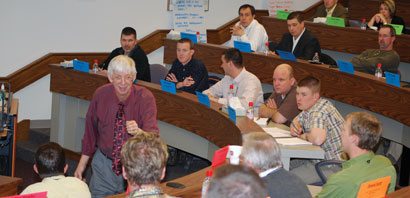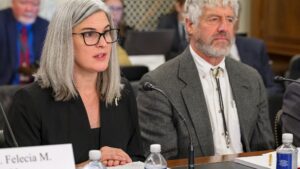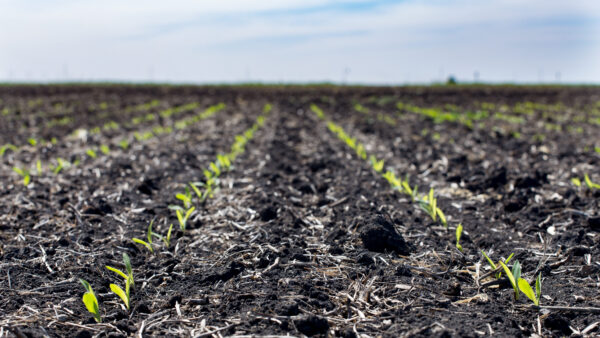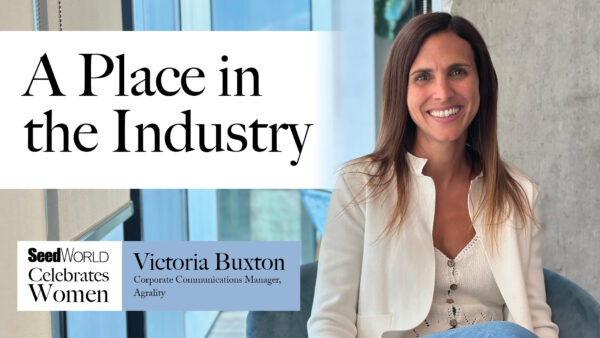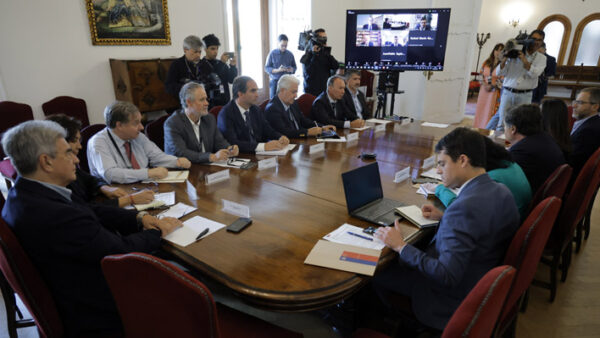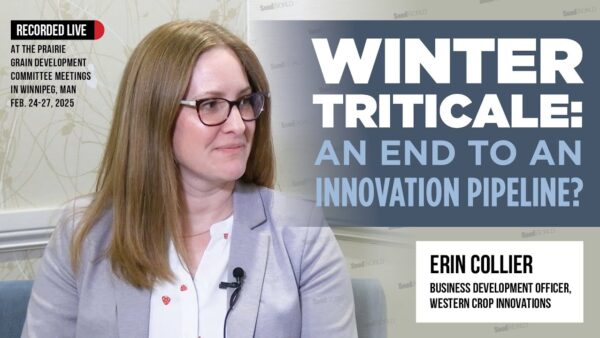The recent American Seed Trade Association Management Academy held at Purdue University gave 52 seed professionals the focus and skills needed to help them excel in the industry.
Twenty minutes to put down a framework of the world. That was Otto Doering’s task.
“I would prefer to take eight days to do this with you, but we’ll do it in 20 minutes,” he joked, as he situated himself at the front of the tiered classroom. It was packed to capacity with 52 seed industry professionals who traveled from across the nation and the world to experience the American Seed Trade Association Management Academy at Purdue University during the first week of March, 2011.
The professor of agricultural economics fired off his first question, and then proceeded to cover topics that business literature calls “wicked problems,” such as feeding the world, running out of resources, the division between the haves and the have-nots, and the human capacity to solve global challenges—all in less than half an hour.
“We’re dealing with a whole series of wicked problems, and they’re frustrating,” he said, with a serious expression and eyes darting around the room. “They’re hard to define. They’re not linear. There’s no end game. You’re not necessarily going to solve these problems, but if you do the right things, you might be able to make them better over time.”
Doering’s 20 minutes ran out, but he was far from finished. Three more Purdue agricultural economists joined him, and the four devoted the next 90 minutes to discussing some of the tough challenges affecting the seed industry. Wally Tyner offered his perspective from an energy standpoint; Phil Abbott discussed trade-specific issues; Tom Hertel focused on short- and long-run drivers, such as policy and growth rates; and Doering shared his expertise on the economic implications of climate change.
From biofuels and resource constraints, to China and commodity prices, the panelists fielded tough questions from the facilitators—professors Allan Gray and Mike Boehlje—and the audience. Somewhere along the way, the conversation transitioned from challenges to opportunities.
“It’s not so much about the physical resources in the future; it’s about ideas and technology and about having a global vision and serving the global market,” Hertel explained. “We’re looking at a world that is more and more integrated, and there are phenomenal opportunities for someone who can meet the needs of nine billion people. Even if it’s just a little niche, there are very handsome returns on that.”
Doering suggested that developing products more resilient to changes in climate, politics and price variability will become more important than it has been in the last two generations. Tyner agreed, and added that finding niche solutions for specific environments, situations or markets will also present future opportunities. However, as Abbott pointed out, seed companies have to “incorporate new technologies that are now profitable under a different set of relative prices.”
Joe Nail, risk mitigation manager for Monsanto, knows that he won’t have another experience quite like that morning at the academy again in his lifetime.
“We had four leading economists willing to share openly what was on their minds, and willing to answer questions. You don’t get many opportunities like that,” he said. “It was pretty remarkable to be a part of it.”
Nail noticed a common theme surfaced during the panel discussion—the global environment is changing, and the seed industry needs to be ready to adapt to those changes. To better prepare themselves to lead seed companies through future changes, Nail and the other attendees devoted their remaining time in West Lafayette, Ind., to learning management techniques and strategies. They participated in sessions focused on creating and communicating value through sales and marketing efforts, the fundamentals of financial management and factors that impact a company’s profitability, effective supply chain management, leading change within an organization and positioning a company using business strategy tools. To reinforce concepts and tools, they gathered in small breakout groups to solve problems, gaining exposure to different business areas and industry sectors along the way.
“Now I understand how the decisions I make, and actions I take in my department, impact others in the company and the organization as a whole,” said Lesley Amos, sales associate for Beck’s Hybrids in Atlanta, Ind. “This program provides you with tools that you can take back to your work environment and apply regularly.”
As vice president of sales and marketing for Agdia Inc., which provides services to the seed industry, John Spratlin built new business relationships and friendships during the five-day program.
“The academy is not only applicable on the job, but it is also a great networking opportunity,” Spratlin said. “It’s helpful to get acquainted with those who are directly involved in the industry, and I now know how the salespeople sell, as well as what is important to them with regard to pricing, forecasting and inventory control.”
Nail, Amos and Spratlin have joined the approximately 1,150 participants, representing more than 350 firms worldwide, who have experienced the ASTA Management Academy. Offered through a partnership between ASTA and Purdue’s Center for Food and Agricultural Business, the academy will celebrate its 25th anniversary in 2012. Each academy is different, yet one feature always remains—the participants’ intense focus on making themselves stronger managers, and their desire to improve the seed industry over time. Megan Sheridan and Julie Douglas
Editor’s Note: Megan Sheridan is the marketing manager at the Center for Food and Agricultural Business at Purdue University. Julie Douglas is the director of communications at the American Seed Trade Association.


